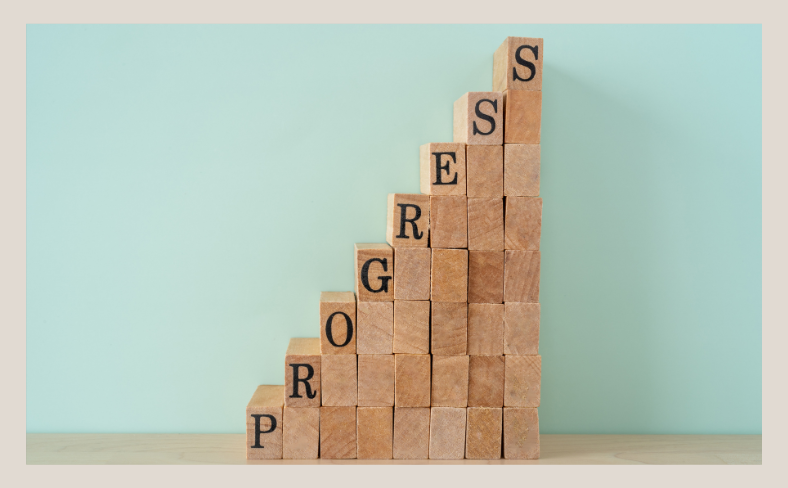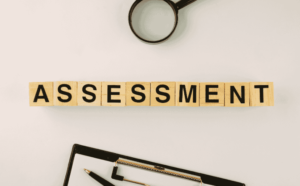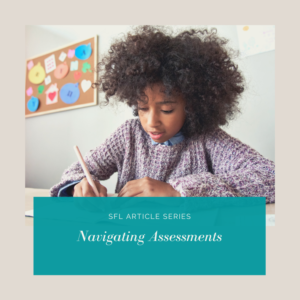No products in the cart.

Regular Progress Reporting
Ongoing progress reporting is a crucial aspect of understanding the gains your child is making as they work with an Educational Therapist. At Strategies for Learning, we recommend our families participate in our regular progress reporting every 3 months or 4x per year so they have a clear understanding of the progress that is being made and what the objectives are for each progress reporting period. This can be done in the form of a written progress report or a parent meeting.
The Anatomy of a Progress Report
A combination of formal and informal assessments will be utilized to track progress. Each progress report or meeting explores the student’s progress toward target goals and outlines their overall response to intervention. More specifically, it will include:
- Skills or strategies taught to address areas of focus
- Observable growth
- Areas of challenge to address moving forward
- Notable recommendations for parents
Not a Cookie-Cutter Model
Unlike many other learning centers, SfL does not conform to a single proprietary curriculum to inform intervention and progress. Our educational therapists and specialist use a variety of evidence based curriculums, assessments, and tools for data tracking to tailor intervention to suite the student’s unique needs, their learning style, the Clinician’s expertise, and the family’s goals for support.
The Results are In!
Here are some notable patterns we discovered from our recent round of progress reports (Spring 2024):
- Significant growth in core skills: All the students have shown significant improvement in various areas like reading comprehension, writing, decoding, and executive functioning skills.
- Effective strategies implemented: Clinicians have successfully implemented various strategies like Orton-Gillingham methodologies, KanBan systems, graphic organizers, and self-advocacy training, leading to positive outcomes.
- Increased student engagement: Students are generally engaged in sessions, eager to learn, and actively participate in the implemented strategies.
Writing Skill Improvements:
- Content and Organization:
- Improved in content, formation, and organization
- Improved understanding of essay outlines and formatting
- Mechanics:
- Improved understanding of grammar and spelling conventions
- Strategies:
- Improved understanding of strategies to help with writing challenges
Finding a Reputable Educational Therapist
An important question to ask when identifying a strong educational therapist is “how do you track progress?” A qualified Educational Therapists or specialists will have the training and knowledge to conduct appropriate assessments to gather data, and tools for progress monitoring to ensure instruction is attuned to the needs of the child. They will have a system for taking clinical notes and will have clear learning objectives that inform each session. Learn more about our team of stellar Educational Therapists and Specialist.
How long will it take to see progress?
This will depend on several factors including the objectives, the needs of the child, the complexity of the learning profile, the child’s educational history, motivation, the parent’s goals, and commitment level. To start, most students will need at least 2 sessions per week, 50 minutes each. Education therapy is not a one-size-fits-all approach so progress will look different for each student. Some students will make significant progress just after a few months while those who have more complex underlying needs will need support for a longer period. However, the end goal is always the same, to help foster independent learners through gradual release of responsibility.







No comment yet, add your voice below!